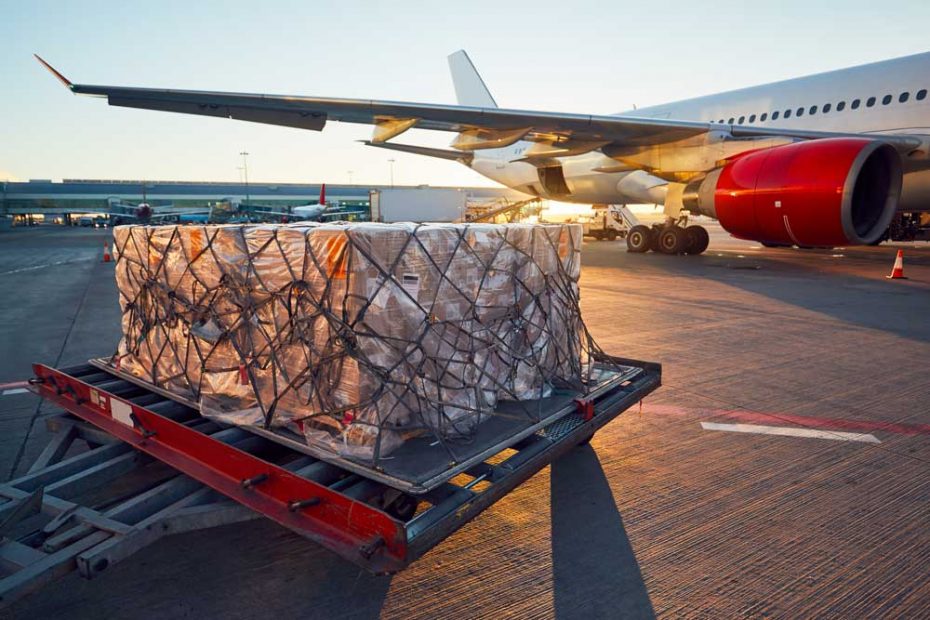The transport and distribution of the Covid-19 vaccine will be the greatest air cargo challenge of all times, especially for Angola.
Once the vaccine is ready, there will be a demand for between 8 to 10 billion doses, according to some sources. Glyn Hughes, the IATA cargo guru, said it’s required around 8 billion doses, if you consider a single dose. If we do the calculations with multiple doses, the numbers become much higher. According to Hughes, the volume of this shipment would fill more than 8,000 B747 aircrafts.
It will be crucial to create conditions for safe storage and distribution. The logistics operation in Angola will have an unprecedented challenge. This is because vaccines must be distributed at very low temperatures. The Pfizer vaccine must be kept frozen (-70 degrees Celsius). Others will need to be distributed and kept at constant temperatures between +2 and +8 degrees Celsius. This means that logistical solutions are essential to maintain quality throughout the vaccine’s distribution chain.
It will be imperative to prepare an efficient, internal distribution network, so that as soon as vaccines arrive in Angola, they can be distributed throughout the country, quickly and smoothly.
COVID-19 vaccine distribution faces logistical challenges
IATA is already working with airlines around the world, and other health agencies to develop a global air transport plan.
In recent weeks, IATA has released guidelines for the air cargo sector to prepare for the “large-scale distribution” of vaccines for covid-19, given the “logistical challenges” that this delivery will entail.
Angola will receive 12 million vaccines
The Angolan Ministry of Health, announced that Angola will receive 12 million vaccines, in a first phase, as a donation from WHO and the Bill and Melinda Gates Foundation. The recipients of these first vaccines are the groups at risk from infection. However, how will the vaccines be distributed throughout the country? Moreover, how will they get them to who should really receive them?
The national distribution model is still an uncertainty. Will we have distribution and storage points, with the ideal conditions to handle vaccines at the recommended temperatures, in Luanda and in the other provinces?
Pfizer, CDC and other industry players will create a possible distribution model for the Covid-19 vaccine (direct delivery model) and its implications for airfreight.

Preparing for the vaccine distribution challenge is extremely difficult and with many uncertainties related to the evolving scale, time, network and handling requirements. Airports and air cargo companies have a central role to play. They need to have a very well defined approach and refine the details, so that Angola can be prepared and distribute the vaccine effectively.
Vaccine delivery Operations


